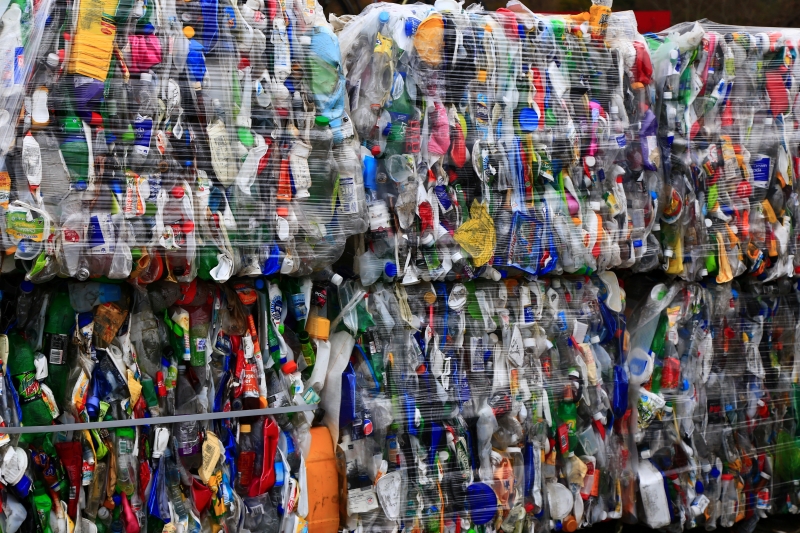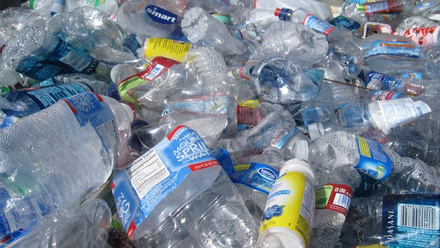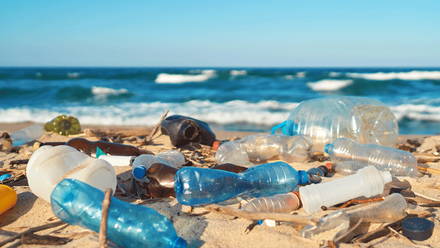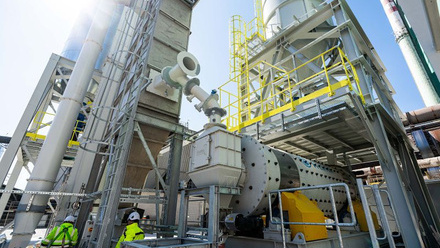Global plastics treaty not ‘silver bullet’ for pollution, says paper
The Chatham House and the Global Water Partnership (GWP) paper finds that a global plastics treaty may be limited in addressing the problems of plastic pollution.

The paper believes the treaty will fall short if it does not address the lack of reliable data, economic incentives, infrastructure and pricing models.
Though the treaty will be an important mechanism to improve the global governance of plastics, efforts to tackle plastic pollution are still highly uncoordinated, hampered by data gaps, and focus on downstream solutions – including clean-ups, which consume significant resources that would be better invested in proven policy solutions, waste management and recycling infrastructure – finds the joint paper.
The paper, Why lifecycle solutions are needed to tackle marine plastic pollution argues that the complex US$100bln per annum problem of plastics pollution shows no sign of abatement, but proven policy approaches in the EU, Japan and Chile can serve as a starting point for countries seeking to curb plastic pollution – as well as providing a baseline for the plastics treaty negotiations.
The paper makes the following recommendations:
- Reduce demand for unnecessary or harmful plastic products.
- Encourage design for circularity through approaches.
- Enhance recycling rates.
- Close the leakage pathways in the identified hotspots.
The most cost-effective solution, if designed correctly, is the introduction of a suite of upstream and downstream policy measures ranging from product design requirements and targeted bans, through to Extended Producer Responsibility (EPR) schemes, finds the paper.
The 2018 Chile Plastics Pact has set targets to eliminate problematic single-use plastics, including that a third of household and non-domiciliary plastic packaging be recycled, reused or composted, and a requirement that 25% of plastic containers be produced from recycled content.
This they argue shows successful policy solutions, but it is crucial for countries to increase their ambition to invest in infrastructure, new technologies and capacity building.
For effective, evidence-based policymaking to tackle plastic pollution, reliable and disaggregated data on cross-border trade flows across the lifecycle of plastics is required.
They say, the current system is not set up for a circular plastics economy and incentives, infrastructure and pricing models are misaligned.
On a positive note, the paper notes that there are many new digital applications for traceability of plastics from design to end-of-life.









